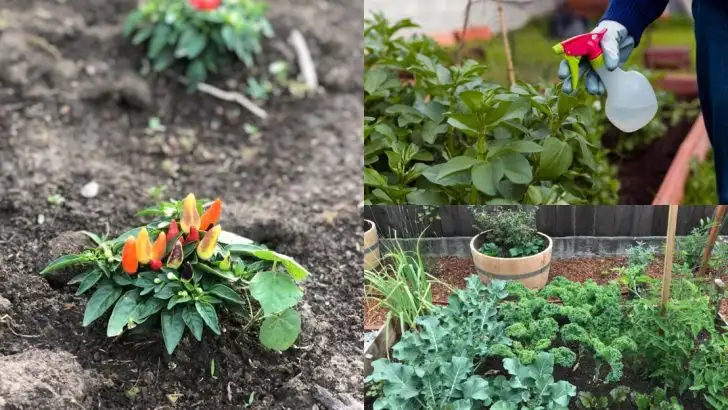Some gardening habits are secretly sabotaging your time—and your plants aren’t impressed either. We all pick up routines that feel helpful. Spritzing leaves daily. Fluffing the mulch. Whispering sweet nothings to the compost pile. But guess what? Not everything you’ve been told is worth the dirt under your fingernails. Some habits are pure fluff—pretty motions with zero payoff. Others? They’re quietly causing chaos behind the scenes. If your weekends are spent watering obsessively, pruning perfectly, or micromanaging every inch of soil… you might be gardening harder than you need to. Let’s call out the busywork. Let’s toss the myths. And let’s get your time (and sanity) back, one scrapped habit at a time.
Overwatering Plants
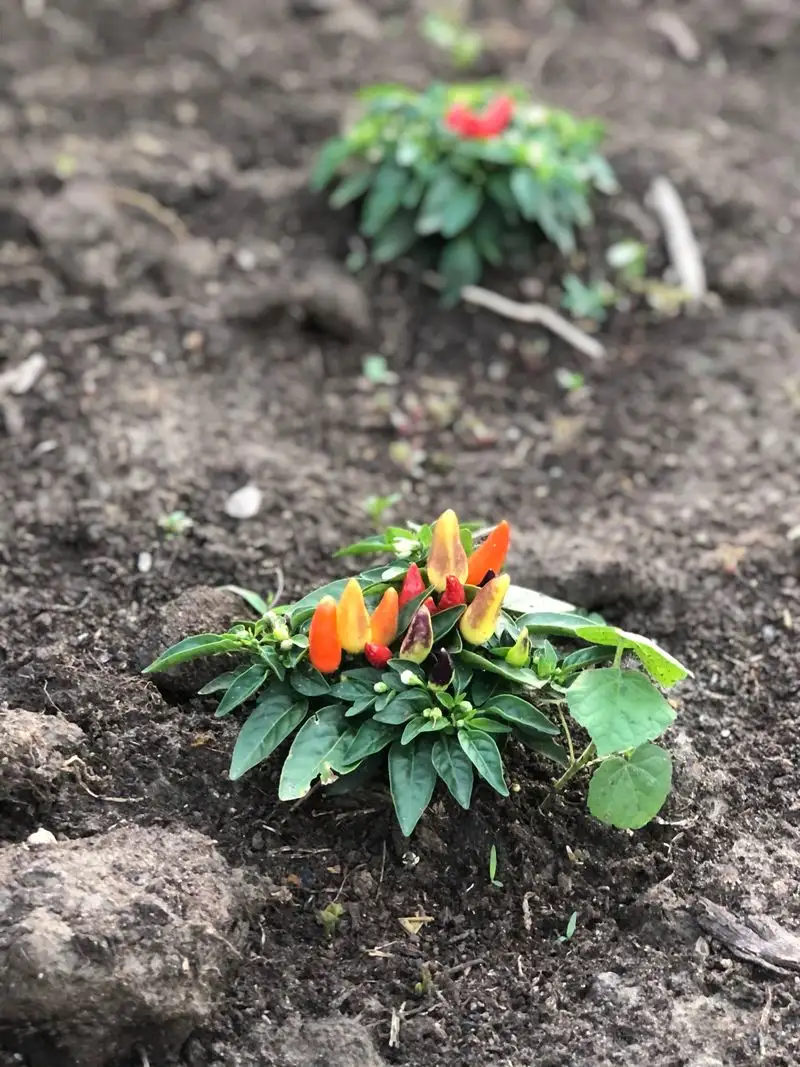
Many gardeners believe more water means healthier plants. However, overwatering can drown the roots, depriving them of necessary oxygen. This may lead to root rot, where the roots decay and the plant wilts.
To avoid this, touch the soil; if it’s damp an inch below, hold off on watering. Checking moisture levels ensures you’re providing just the right amount of hydration.
The key is balance. Water deeply but infrequently to encourage roots to grow strong and deep. This habit creates a resilient plant that can withstand dry spells.
Using Chemical Pesticides Unnecessarily
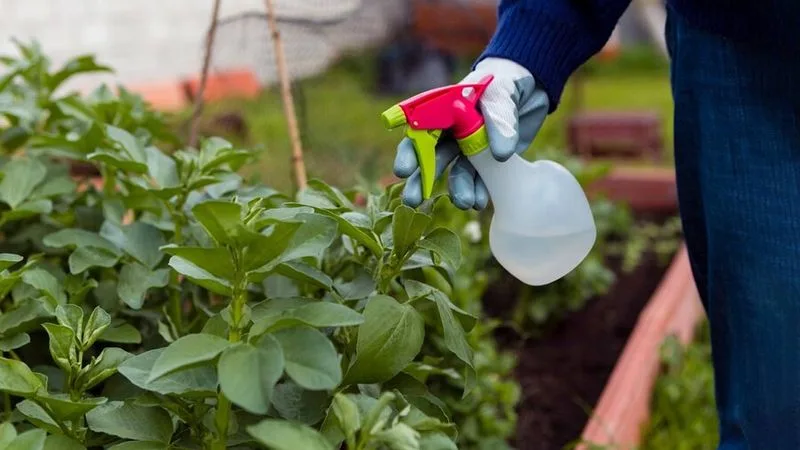
While chemical pesticides may seem like a quick fix, they can harm beneficial insects and lead to pesticide-resistant pests. Instead, explore natural alternatives like neem oil or insecticidal soap.
Beneficial insects, like ladybugs, naturally control pest populations. Encouraging these allies by planting diverse crops can create a healthy ecosystem.
Moreover, understanding pest life cycles helps target them effectively without overusing chemicals. By managing pests more naturally, you protect the environment and promote a thriving garden.
Planting Too Closely
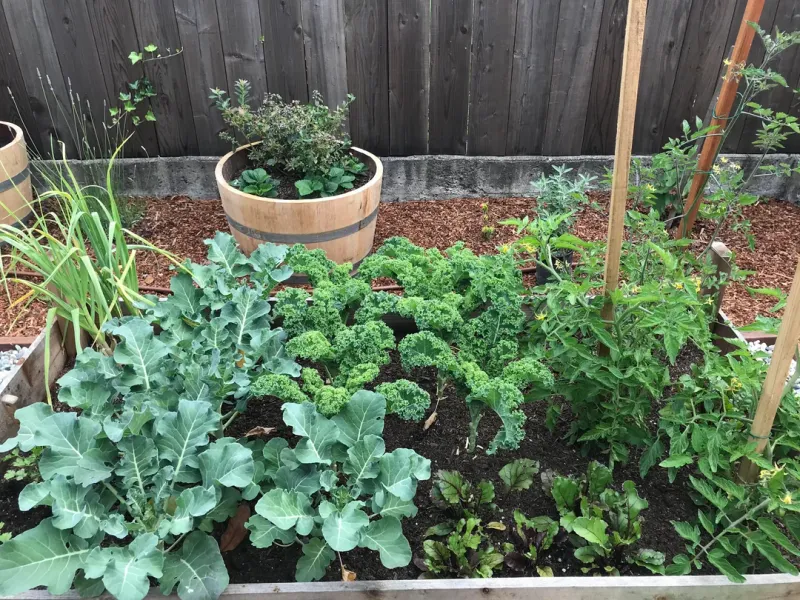
Planting too closely might seem space-efficient, but it causes competition for nutrients, light, and water. This crowding can stunt growth and lead to diseases due to poor air circulation.
Space plants according to their individual needs, allowing them to reach their full potential. Check seed packets or plant tags for spacing instructions.
This practice not only improves plant health but also makes maintenance easier, reducing the likelihood of disease spread. Give your plants room to breathe and flourish.
Ignoring Soil Quality
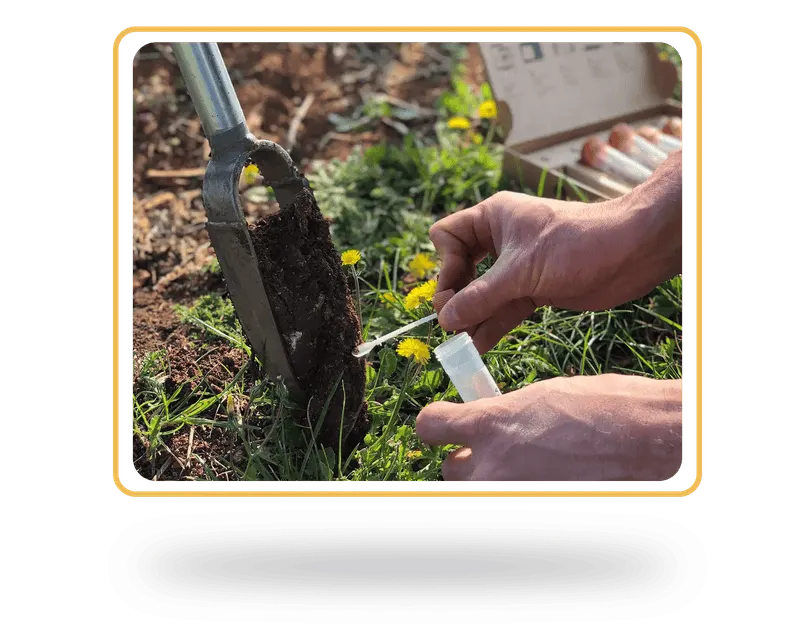
The foundation of a thriving garden is healthy soil. Ignoring soil quality can lead to nutrient deficiencies and poor plant growth. Conduct a soil test to determine pH and nutrient levels.
Amend soil with organic matter like compost to improve texture and fertility. This enriches the soil and enhances water retention while supporting beneficial microorganisms.
Healthy soil is teeming with life, making your plants more robust and productive. Don’t overlook this vital step in gardening.
Pruning at the Wrong Time
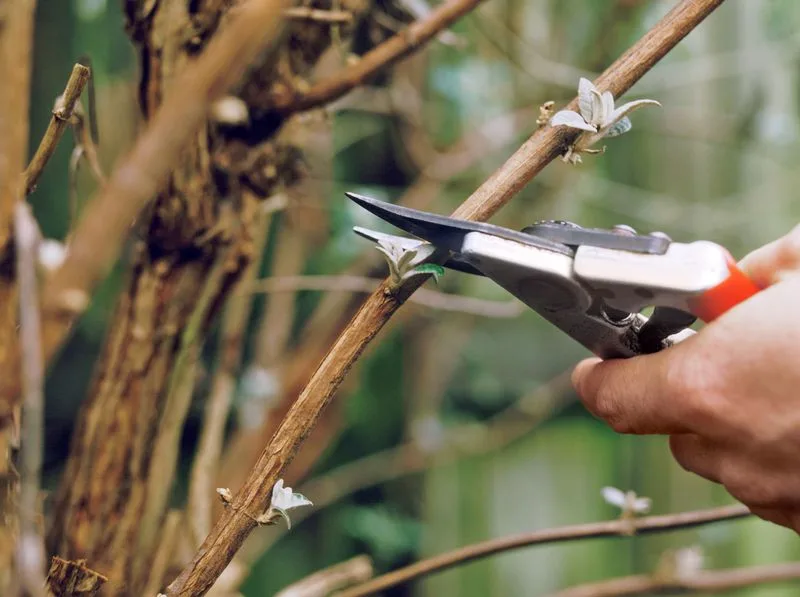
Pruning is essential for plant health but timing is crucial. Pruning at the wrong time can stress plants, hinder blooms, and promote disease.
Research the best pruning times for each plant species. For example, prune spring-flowering shrubs after blooming, and summer ones in late winter.
Thinking ahead prevents unnecessary damage and encourages healthy growth. Proper pruning invigorates plants and enhances their natural shape.
Over-Fertilizing
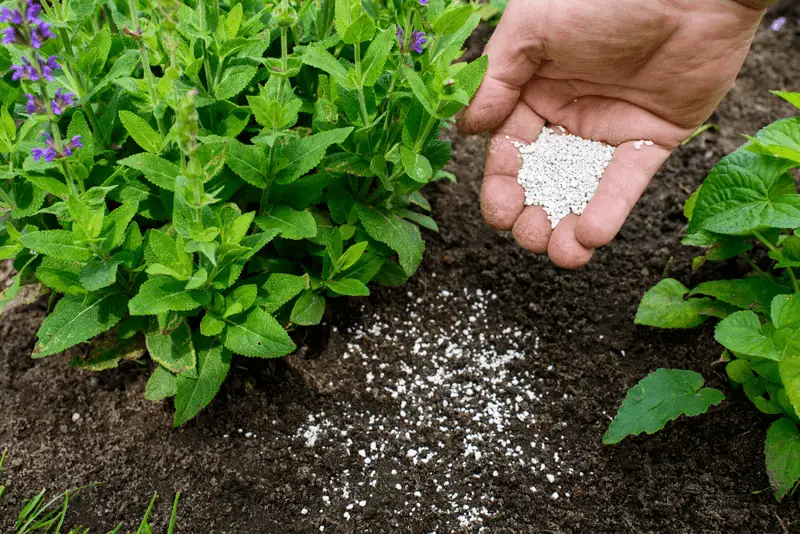
Over-fertilizing can lead to nutrient imbalances and burn plant roots, causing yellowing or stunted growth. More isn’t always better.
Understand your plants’ nutritional needs. Conduct soil tests to guide appropriate fertilizer use.
Balanced fertilization supports optimal growth and prevents soil pollution. Adopt a mindful approach to feeding your garden.
Ignoring Sunlight Needs
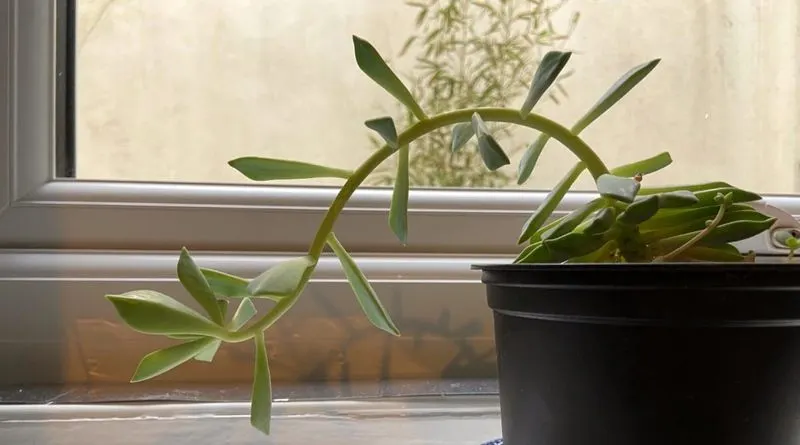
Every plant has unique sunlight requirements. Ignoring these can lead to leggy, weak plants or scorched leaves.
Observe your garden’s light patterns. Arrange plants according to their light preferences—for instance, sun lovers in full sun, shade lovers in dappled shade.
This attention ensures each plant thrives in its ideal conditions, maximizing garden vitality.
Using Dull Tools
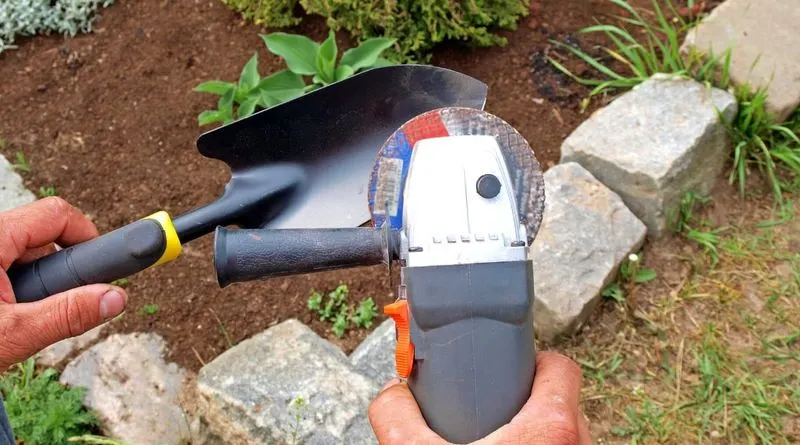
Dull tools make gardening frustrating and harm plants by causing ragged cuts that invite disease. Keeping tools sharp ensures clean cuts, promoting quick healing.
Regularly maintain and sharpen tools to keep them effective. Sharp tools make gardening enjoyable and protect plant health.
Investing time in tool care pays off with precision and ease in garden tasks.
Not Rotating Crops
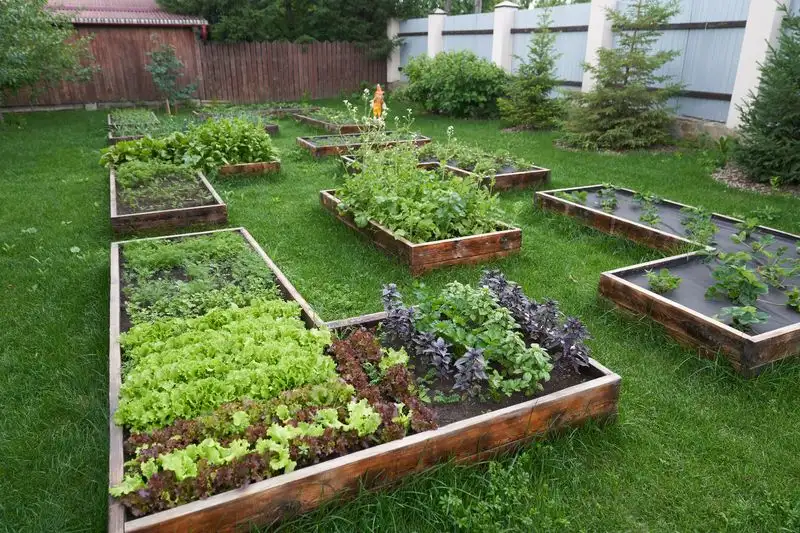
Crop rotation is vital for preventing disease, pest buildup, and nutrient depletion. Planting the same crop in the same spot yearly invites these issues.
Rotate crops annually to break pest and disease cycles. This practice also balances soil nutrients across different plant families.
Embrace rotation for a sustainable, healthy garden. It enhances soil health and productivity.
Neglecting Mulching
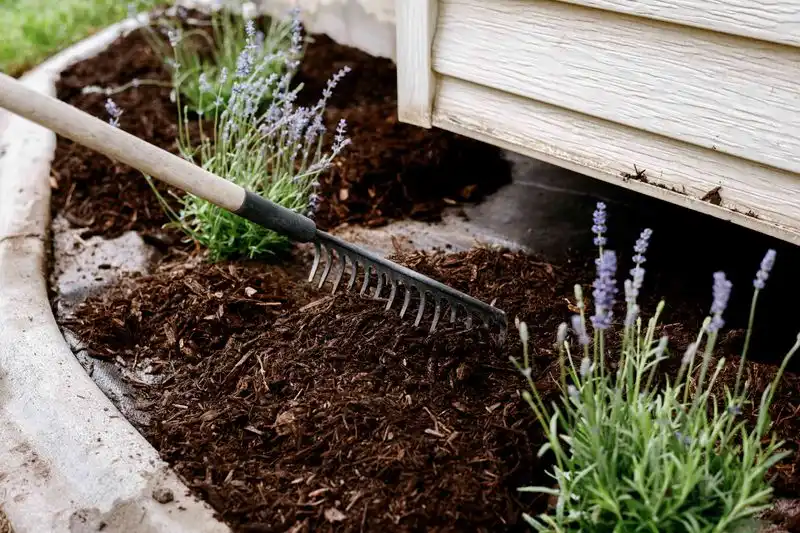
Mulching conserves moisture, suppresses weeds, and improves soil health. Ignoring it can lead to parched soil and rampant weeds.
Apply mulch around plants to retain moisture and add organic matter. It also creates a neat garden appearance.
Mulch acts as a protective blanket, ensuring vibrant, well-hydrated plants.
Watering Incorrectly
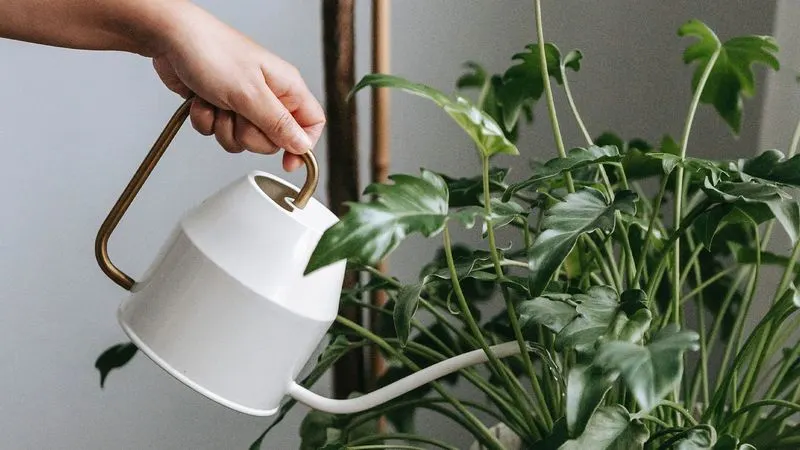
Watering techniques matter. Sprinkling water on leaves during hot days can cause burns, while shallow watering fosters weak roots.
Water at the base, early morning or late afternoon, to minimize evaporation and leaf diseases.
Proper watering methods create resilient plants and efficient water use, promoting a thriving garden.
Overlooking Garden Design
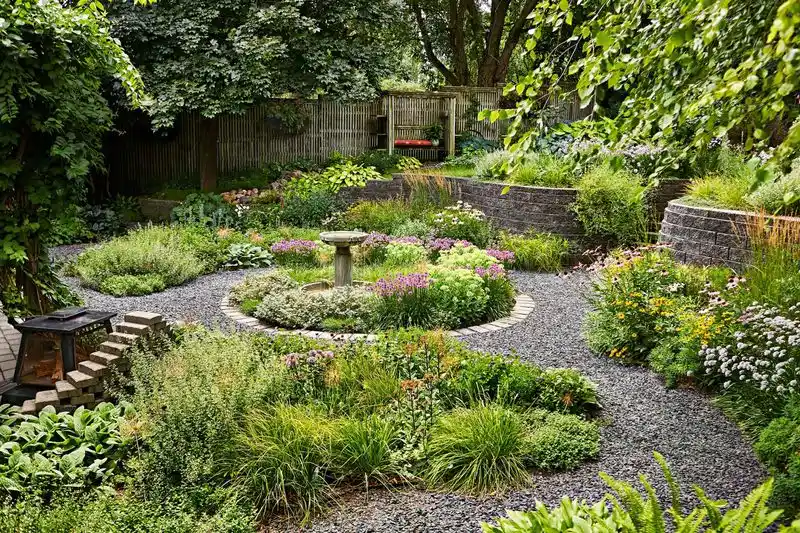
A well-planned garden enhances beauty and function. Overlooking design can result in chaotic, hard-to-maintain spaces.
Plan for aesthetics and practicality. Consider plant heights, colors, and seasonal blooms to create harmony.
Thoughtful design makes gardening rewarding and visually appealing, offering enjoyment year-round.
Disregarding Plant Support Needs
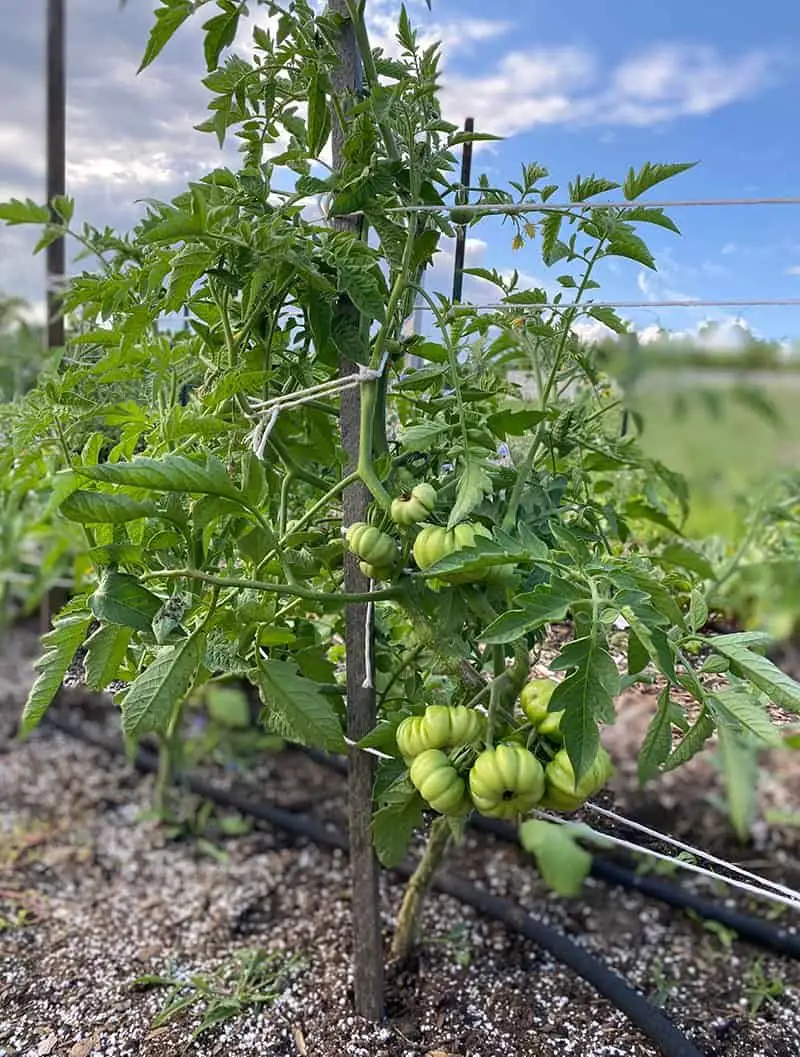
Sturdy support is vital for some plants, like tomatoes or climbing beans. Neglect leads to damage and inefficient growth.
Provide stakes, trellises, or cages as needed. This encourages upright growth and maximizes space and air circulation.
Supporting plants ensures they grow strong and healthy, boosting yields.
Ignoring Weather Changes
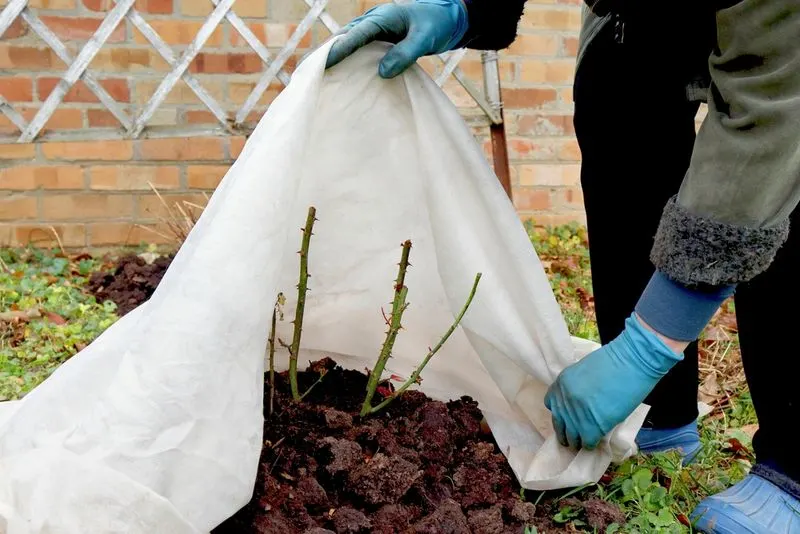
Weather can change swiftly, impacting plant health. Ignoring forecasts may result in frost damage, heat stress, or wind breakage.
Stay updated on weather changes. Protect plants with covers or windbreaks as needed.
Proactive measures safeguard your garden against extreme conditions, ensuring resilience.
Neglecting Weeding
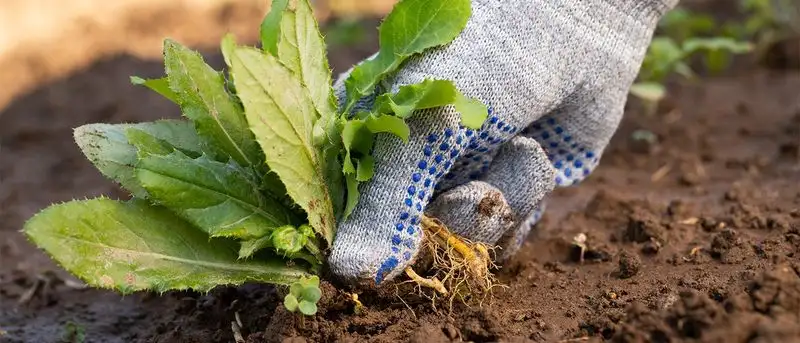
Weeds compete fiercely with plants for nutrients, water, and light. Neglecting them can lead to an overgrown, unproductive garden.
Regular weeding keeps them in check, promoting healthy plant growth. Consider mulching to suppress weed growth further.
A weed-free garden is a productive garden, allowing your plants to thrive.

